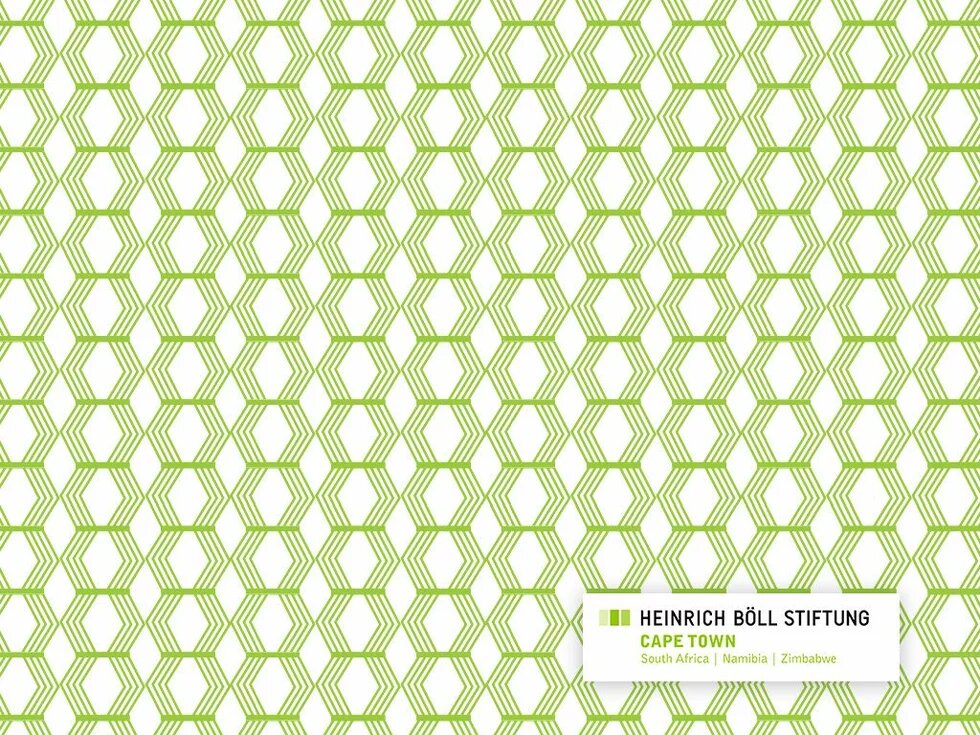If there is one thing that 27 years of raising this democracy has taught us, it is that genuinely democratic institutions cannot stand or flourish in landscapes of injustice. Now is precisely the time to build a state that cares for the many, not the few.

The last few days of unrest in South Africa have been a time of shock, confusion, distress and grief. Many have lost their lives. Even more have lost their livelihoods. The damage to physical infrastructure will take years to rebuild. The damage to households, our psyches and our collective social fabric far longer.
But the last few days are also a reckoning, a clarion call for reflection and honesty postponed for far too long. There is no question that some aspects of what began as (violent) protest actions by the supporters of former president Zuma, have been coordinated and are fuelled by factionalism as much as criminality. But the mass unrest and disorder that has erupted across Kwa-Zulu Natal and Gauteng cannot be solely reduced to lawlessness. The current situation requires – demands - collective introspection that recognises the many truths and realities that have made our communities fertile ground for turmoil of this magnitude. A single or limited narrative cannot do justice to what is unfolding.
While the justice system must be brought to bear on those responsible for coordinated actions; criminality and criminal opportunism cannot be allowed to overshadow the far deeper, more intractable, underlying causes that have brought us here. Those do not start with Jacob Zuma. As Tom Eaton recently pointed out, ‘looting-as-leadership’ has long been South Africa’s primary mode of governance. A government for the few, built on the brow and sweat of the many, has been the practice in these parts of the world from the very earliest phases of colonisation. What we witness today is only the very latest manifestation of what can unfold when successive regimes convince their subjects that their lives are worth little, and that endless cycles of poverty, joblessness, hunger, violence and desperation are simply their lot.
If we are to use this Thuma Thina moment to genuinely build back better, we must begin by affirming the value of the lives of our fellow citizens. Now is precisely the time to talk about a universal basic income guarantee and a comprehensive social protection programme. To bolster the front lines of the public service by protecting, in the first instance, the right to health, education and basic services. To design a caring economy that equitably distributes from those who have too much, and provides for those who have too little while at the same protecting the environment. To finally, take the bold steps required to abolish the wretched landscape of gender-based violence, inequality, racial division and exploitation that has shaped us for far too long, and begin to build a state who serves and protects the many.
Of course, this moment must also be about asserting our constitutional democracy, and affirming the authority of our judicial institutions to keep the peace. But if there is one thing that 27 years of raising this democracy has taught us, it is that genuinely democratic institutions cannot stand or flourish in landscapes where destitution and exploitation are the norm. Accountable and transparent government is the outcome, as much as it is the driver, of a more just, equitable and sustainable society.
As always, communities and civil society organisations have displayed outstanding leadership in times of uncertainty and discomfort. They’ve organised cleaning efforts, shared food and information and have mobilised to ensure comfort, care and safety, literally saving lives in the process. The moment calls for us to rally behind those who work to advance pro-poor and caring agendas. These are the pockets of hope and functionality in which we must invest.
As the Heinrich Boell Foundation Cape Town office, this is what we will be doing. We also extend an offer of support for convenings for reflection and solidarity building to all our partners and friends who are providing support to communities and who have been affected themselves. We ask to be led by partners on the best ways to show solidarity and support in the remaking of a caring tomorrow.
Our thoughts are with those affected and those left to rebuild from already limited resources.